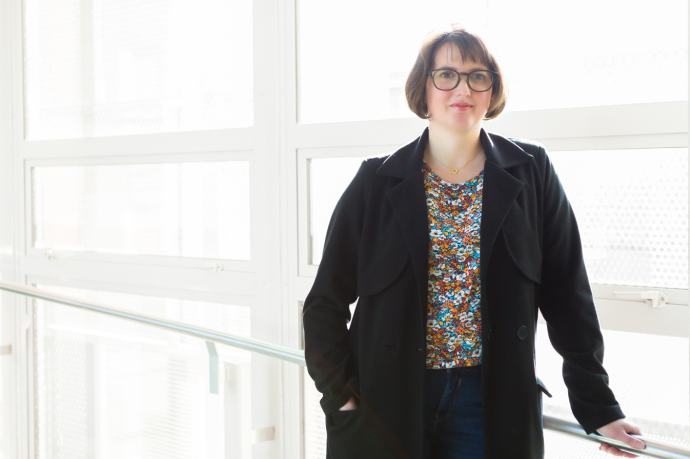News
Published 25 July 2025Rutherford Discovery Fellow joins UN Independent Scientific Panel on the Effects of Nuclear War

Associate Professor Laura Revell, a Rutherford Discovery Fellow based at the University of Canterbury, has been appointed as a member of a United Nations independent scientific panel of experts tasked with examining the potential short- and long-term physical and societal consequences of nuclear war.
The newly formed nuclear panel will be publishing a comprehensive report on the effects of nuclear war on local, regional and planetary scales, including climatic, environmental and radiological effects, and their impacts on public health, global socioeconomic systems, agriculture and ecosystems in the days, weeks and decades following nuclear war.
Laura joins a panel of twenty-one members from a range of scientific fields, including: nuclear and radiation studies; atmospheric sciences and climate; environment and environmental studies; agriculture, biology and life sciences; public health and medicine; and behavioural and social sciences and applied economics.
“Obviously we live in uncertain geopolitical times and it’s unnerving that research into the consequences of nuclear war is relevant again, four decades since the United Nations last studied its effects,” Laura says.
“I’m honoured to serve on this panel which I believe will contribute to a greater understanding of the far-reaching consequences of this kind of event.”
Once completed, it is hoped the report will create momentum for nuclear disarmament and non-proliferation.
The report will be considered by the United Nations General Assembly in 2027.
Laura is an atmospheric scientist interested in chemistry-climate interactions, particularly involving stratospheric ozone, aerosols and airborne microplastics. She works primarily with Earth system models and global chemistry-climate models.
In 2022, she was awarded a Rutherford Discovery Fellowship to research the intersection between airborne micro- and nano plastic pollution and climate change.
Find out more about Laura’s research.
